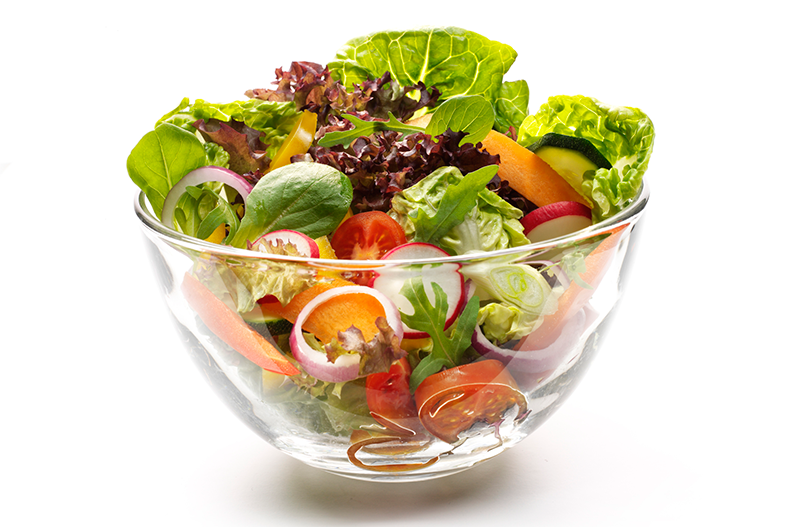The choice to remove meat from your diet can be an expression of religion, personal or environmental beliefs. However, there are common misconceptions about whether or not a vegetarian diet is actually healthy for you.
Vegetarians are typically those who avoid all meats, poultry, and seafood, but eat dairy-based products. There is a common confusion that this is the same as veganism. However, vegans are those who avoid all products coming from any animal, leaving a diet of only plant-based foods.
A well-planned meatless diet can help you:
- Reduce your chance of obesity
- Reduce your risk of heart disease
- Lower your blood pressure
- Lower your risk of type 2 diabetes
There are several types of vegetarian diets including:
- Lacto-vegetarian: Eating plant foods plus some or all dairy products
- Lacto-ovovegetarian: Eating plant foods, dairy products, and eggs
- Semi- or partial vegetarian: Eating plant foods, some chicken or fish, dairy products, and eggs. It does not include red meat.
Never Miss a Beat!
Subscribe to Our HealthBeat Newsletter!
Thank you for subscribing!
You can now select the specific newsletters you'd like to receive.
You are already subscribed.
Subscribe to more newsletters in our email preference center.
Sorry, an error occurred. Please try again later.
Get Healthy Tips Sent to Your Phone!
Contrary to popular belief, a meatless diet can actually contain all the necessary nutrients and be healthier than many other popular diets.
Planning is a significant factor in a vegetarian diet. Meats, poultry, and seafood contain many health benefits including essential vitamins (B12 and D), minerals, and proteins. It is important to fill this void with other foods containing these health benefits, such as:
- Soy protein, including soy nuts, tofu, veggie burgers, chicken substitute, and soy cheese
- Legumes and beans, such as navy beans, split peas, chickpeas
- Nuts, peanut butter and other nut butters, almond milk
- Seed and whole grains
- Eggs and dairy products
In many cases, it may be helpful to take a supplement for these daily vitamins and minerals, however these should not be consumed in place of food but rather as an added boost of essentials. It is also important to read and understand nutrition labels on the foods you consume in order to ensure you’re getting the proper nutrients.
Consult a physician or dietitian if you are thinking about switching to a vegetarian diet, as it can be harmful to your body to immediately remove all meat products. It’s best not to change your diet “cold turkey!”
About Digestive Disorders
UPMC Digestive Health Care cares for a wide range of gastrointestinal (GI) conditions and diseases, from diagnosis to treatment. Whether your digestive condition is common or complicated, our experts can help. Upon referral from your physician, we coordinate your testing and treatment. If you have a complicated condition, we can refer you to one of UPMC’s digestive health centers of excellence. Find a GI doctor near you.
